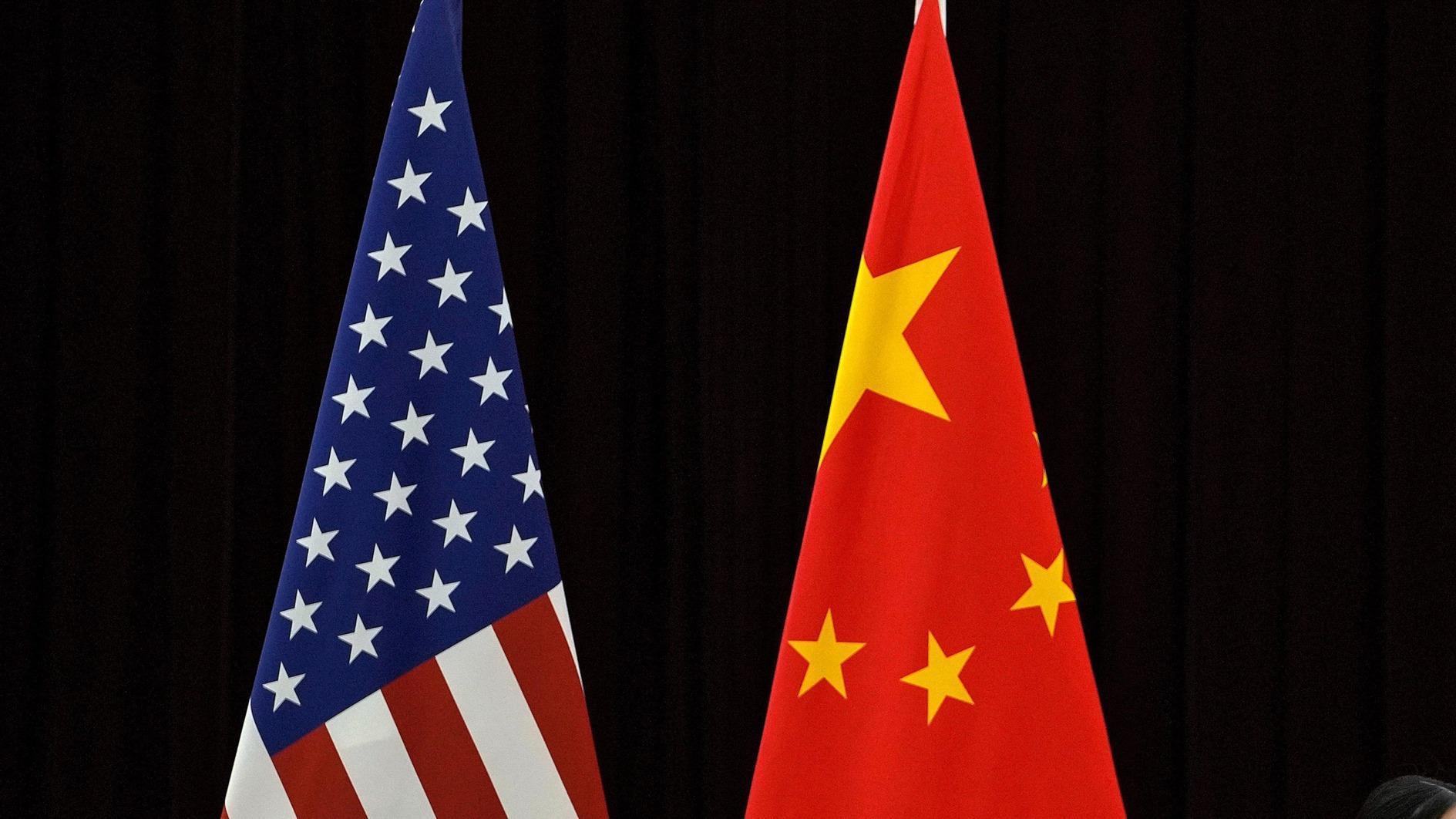We need a global strategy to help forced migrants
Forced migration is different from migration per se. Forced migrants leave their countries due to deadly conflicts. There are about 250 million international migrants - people born outside their countries of residence - in the world today. There are almost 66 million forced migrants, and their number is rising.
This hasn’t happened since the Second World War, mind you. It is the 5.1 million Syrians fleeing from a deadly civil war that increased the numbers. Then a wave of South Sudanese in 2016 was forced to leave their homes. Now the Rohingya people of Myanmar are on the move as their villages are on fire. The numbers are adding up, yet we still lack a global strategy to deal with this issue.
This is not about asking for a solution to conflicts that are radically changing the lives of ordinary people. I am not asking for world peace. In the 19th century, we had what was called “the Great Game” in Central and South Asia. That was the conflict between British and Russian empires. Now we have many great games, all at the same time, many of which involve China for some reason. Here is Myanmar, where a solution to China’s Malacca dilemma is to be provided. The issue in North Korea is another such case. Great games are bad for ordinary lives. This global plan would only be about doing something for those 66 million or so ordinary people after they are forced to flee to save their lives.
In 2017, the G20 Hamburg Summit did not have anything smart and concrete to offer. This week, the 72nd session of the United Nations General Assembly (UNGA) convened. I don’t expect anything significant to come out of it. If nothing comes out of the G20 - which actually has mechanisms to structure a deal - then why expect something from a 15-minute talk at the UNGA? It’s just words.
What do we need to do? We need to integrate forced migrants into the labor markets of host countries.
Obvious, isn’t it? Just don’t try to look after them, find them jobs. It’s the ancient message. Yet easier said than done. Lower and upper middle-income countries host 65 percent of the world’s forced migrants. In terms of the labor market integration, the largest obstacle is the availability of employment opportunities, both for domestic populations as well as for refugees.
Take Turkey as an example. The country now has around 3.2 million Syrian forced migrants. Not that much, you might say, for a country of 75 million - just less than 5 percent of the population. Recent unemployment figures were just announced this week. The unemployment rate was around 10.2 percent in general, and around 25 percent was from the youth. That means there are around 3.3 million unemployed Turks already in the country. Compare this now with the number of Syrians who might need jobs.
Of the 3.2 million Syrians in Turkey, 1.8 million are between the ages of 15 and 54. Of them, 1 million are women. For the sake of simplicity, let’s take women out. Let’s also take only half of the 0.8 million Syrian males as the ones who might need jobs. Some 0.4 million job-seeking Syrians amount to more than 10 percent of unemployed Turks in the country.
Looking for a reason why there are possibly 400,000 Syrians looking for jobs in the country, but there are only around 16,000 work permits distributed? It is the persistent rate of unemployment in the country. In order to distribute more work permits to forced migrants, politicians need to convince their constituencies that distributing work permits to Syrians means increased exports and more jobs for the country.
At the outset, Turkey was a transit country for Syrians. With the EU-Turkey refugee deal, which is functioning despite all odds, Turkey accepted to turn itself into a destination country, effectively stopping the refugee flow to Europe. Just check the numbers. It worked. It is still working.
It is now time for the developed countries to create an enabling environment for work permit distribution in host countries. This can only be done by providing business opportunities for firms employing forced migrants.
Let’s see a race for policy support for labor market integration of forced migrants. No blame game or empty rhetoric.











